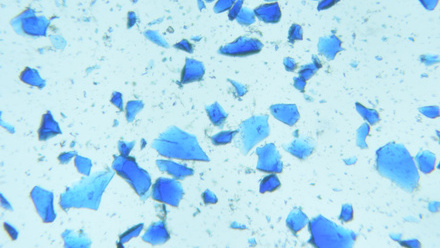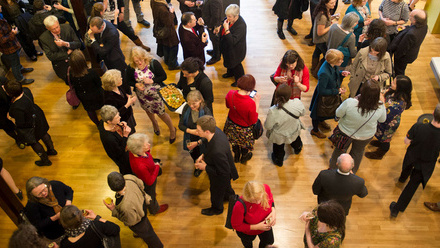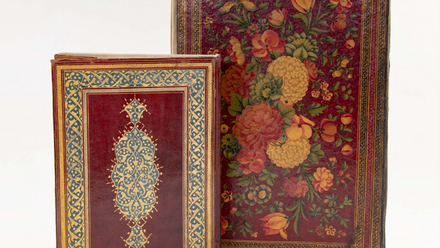The Icon Heritage Science Group and the National Heritage Science Forum are running a series of four informal, virtual short seminars to showcase the research of emerging heritage science researchers and students as well as provide career insights from established specialists in this field.
The scope of this series embraces all aspects of heritage science and aims to connect researchers and provide a safe space to discuss ideas and progress. Each session will include two short talks of 10-15 minutes with the opportunity for participants to discuss the research with the presenters. This will be followed by an informal talk from a specialist at a later stage of their career, discussing the pathway to their current position as well as describing their workplace and day-to-day tasks. We will also provide information about NHSF's pilot mentoring scheme aimed at supporting emerging heritage scientists.
We encourage questions and discussions from everyone and want this seminar series to be a space for participation, exchange of ideas and to meet people with similar interests.
Seminar 2: 9th June, 16.00-17.30 (BST)
Speakers
- Victor Jefferys - Conservation Scientist, National Museum of the Royal Navy - "Investigating the potential use of inorganic nanoparticles as antifungal agents for pre-treating timber on HMS Victory"
- Tamar Hestrin-Grader, Marie-Noëlle Grison, Annelena de Groot, Maria Laura Petruzzellis, Gadis (Adis) Fitriana Putri, Glennis E. Rayermann - Research Associates for the Netherlands Institute for Conservation+Art+Science+ - "Having fun feeling lost: developing methodology to investigate the heritage science ecosystem"
- Prof. Ian C. Freestone - Professor of Archaeological Materials and Technologies, Institute of Archaeology, UCL - Talking about his career and career pathway
Abstracts
Victor Jefferys - "Investigating the potential use of inorganic nanoparticles as antifungal agents for pre-treating timbers on HMS Victory"
Research at NMRN investigates the potential use of inorganic nanoparticles for use on timber being added to HMS Victory as part of her ongoing conservation. The main focus is on whether pre-treating timbers with nanoparticles has the potential to confer long-term fungal and insect resistance, and how this compares with existing antimicrobial treatments used onboard the ship. The research will also investigate viability of nanoparticles in combination with paints and glues being applied to the planks, how well nanoparticle application can fit into timber preparation protocols, and if nanoparticles can improve properties of paint topcoats.
Nanomaterials are being increasingly explored for use in cultural heritage conservation. Demonstrated potential uses include improving resistance to microbial attack and UV radiation, making surfaces easier to clean, and increasing structural integrity. However, there remains relatively little published on application to heritage wooden structures or on how nanomaterials might fit into overall conservation schemes.
Tamar Hestrin-Grader, Marie-Noëlle Grison, Annelena de Groot, Maria Laura Petruzzellis, Gadis (Adis) Fitriana Putri, Glennis E. Rayermann - "Having fun feeling lost: developing methodology to investigate the heritage science ecosystem"
In September 2021, the Netherlands Institute for Conservation+Art+Science+ (NICAS) launched an ambitious international research programme, made possible by The Andrew W. Mellon Foundation, to establish “A Global Infrastructure for Heritage Science.” During the initial phase, six Research Associates are surveying the current state of the field in order to create road maps illustrating potential ways forward. We consider people and ideas, in addition to machines and equipment, as essential building blocks for this infrastructure and “global” as an ensemble of local realities that need to be welcomed and understood. In order to map the current heritage science ecosystem, we apply grounded theory and oral history techniques to gather qualitative data through conversations and interviews. We will present the current state of our evolving methodology, from data collection to data analysis.
Prof. Ian C. Freestone - Professor of Archaeological Materials and Technologies, Institute of Archaeology, UCL - will speak about his own career path and give tips to any interested listeners on developing a career in this field.



